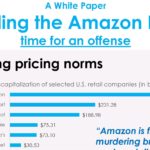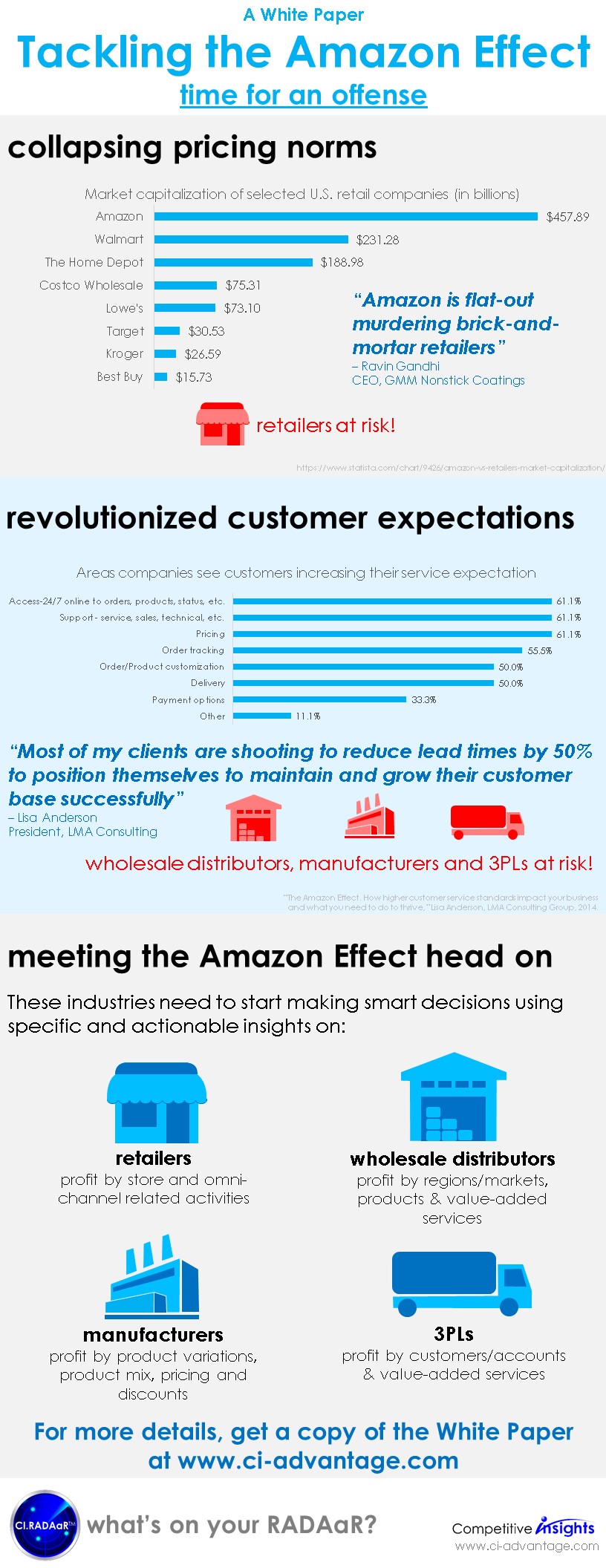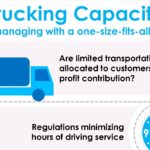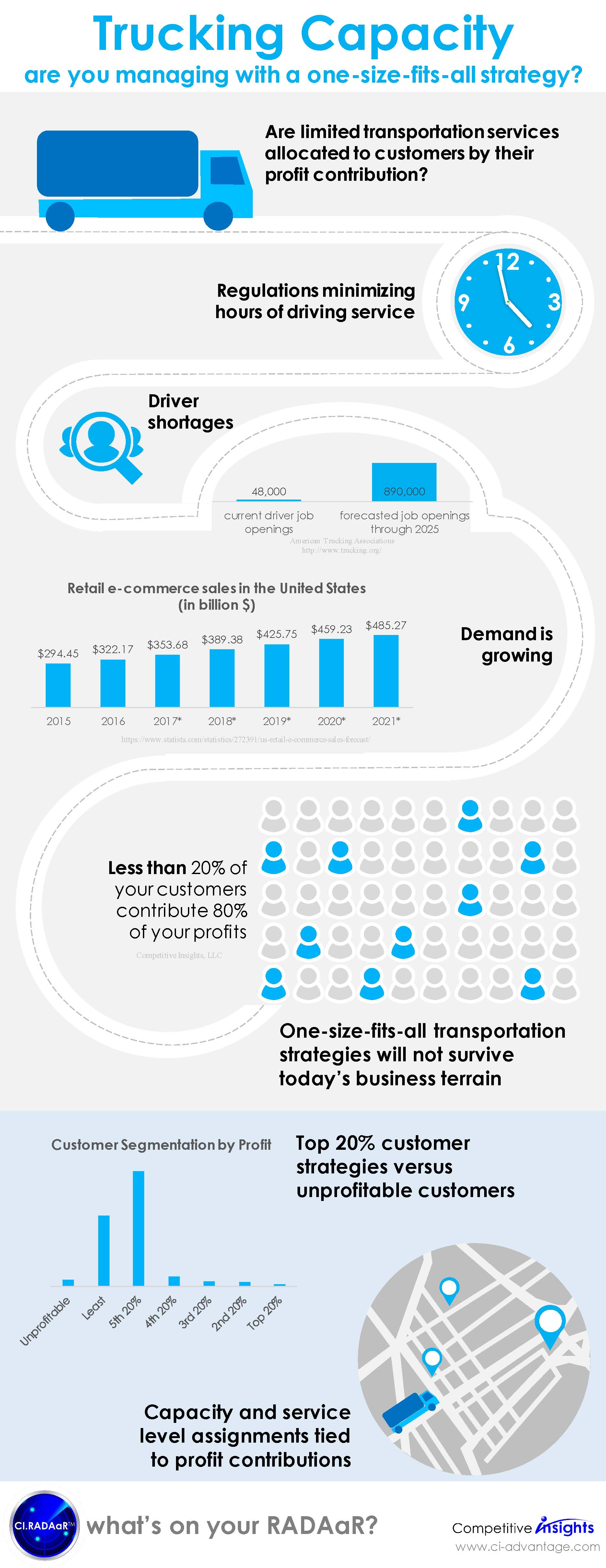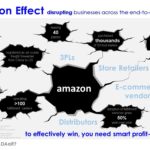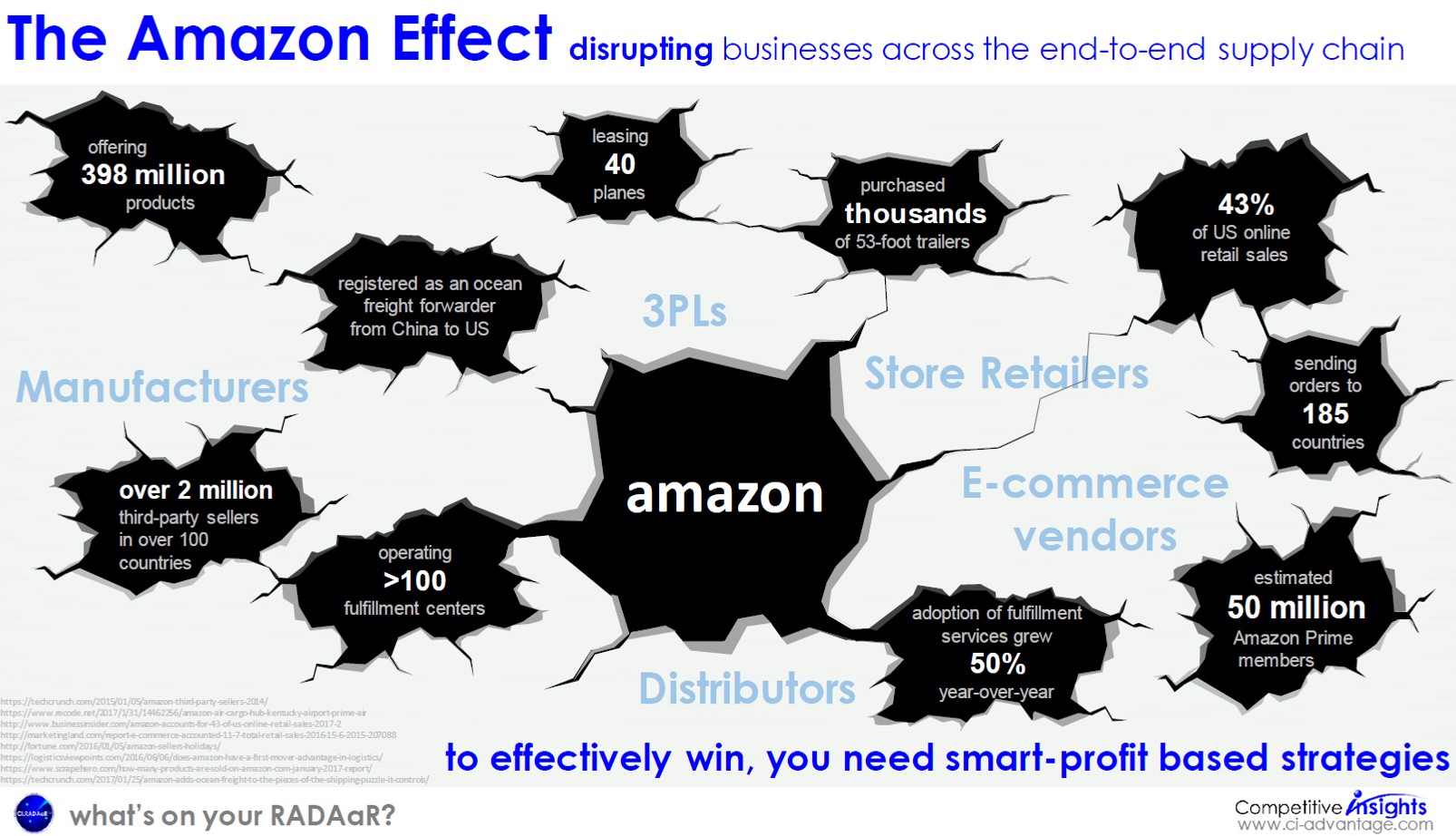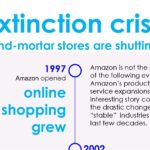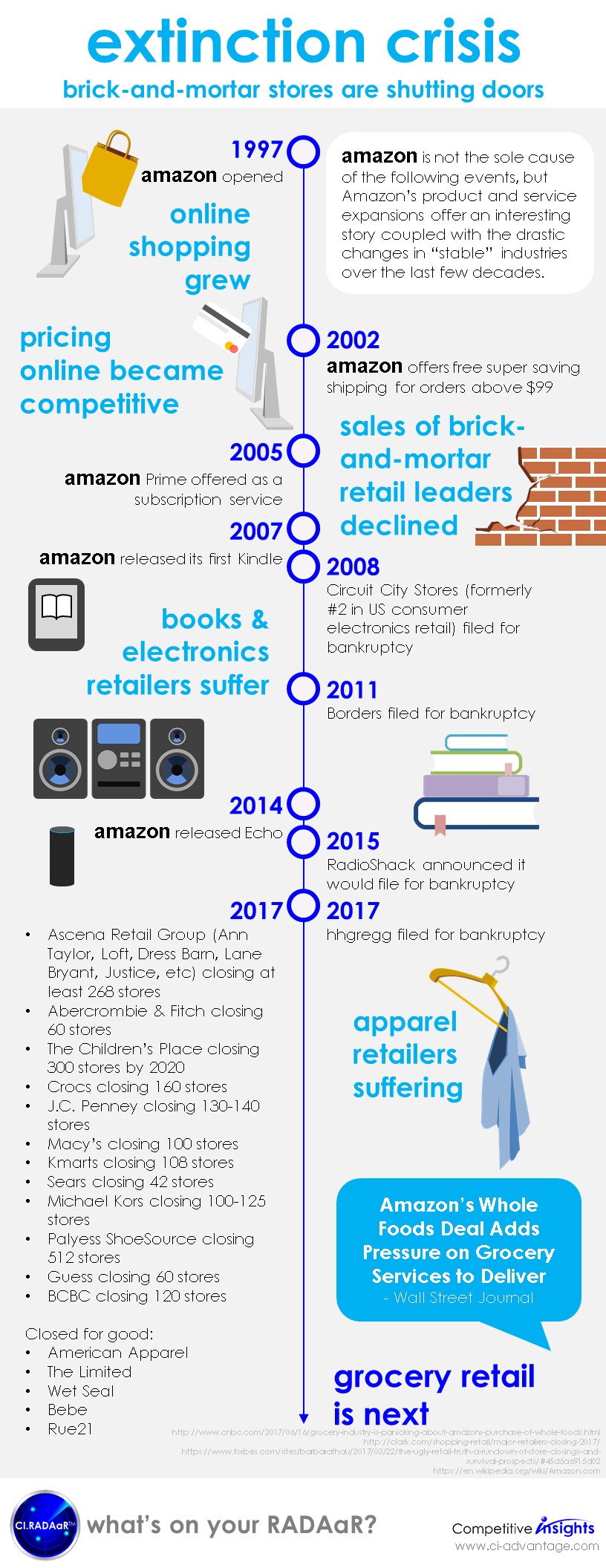Analytics & Business Value – How Does Your Company Measure Up?

My son loves to fish. Taking pictures of the “big catch” is a great way to share his success with family and friends. But there is a trick to support the “story”. If you hold the fish as far in front of you as possible, the fish looks significantly bigger than its actual size.
What does this have to do with analytics and business value?
I often wonder when I hear someone talk about their successes in driving business value from analytics whether they are holding the fish a little farther out than reality. Ever have the same thought? The fact is that up until recently there was no industry benchmark associated with measuring the true value that companies are recognizing from their supply chain big data analytical efforts.
Well, that changed in 2017.
A team of professionals from Supply Chain Quarterly, the lharrington Group, the Universities of Arizona State and Colorado State along with Competitive Insights designed, issued, analyzed and published the results of the first global survey on this question. The goal was to have an objective benchmark for the progress that companies have actually made in deriving sustainable, actionable value from their big data analytical initiatives. In addition, barriers to success as well as future prioritized investments were captured. The results were organized by type of industry and demographics. Here is a link to the report published in the Q4, 2017 release of Supply Chain Quarterly.
We need your input?
Why? Simply said, the more companies that participate, the stronger the results. These results can be used internally to benchmark where you are compared to your peers and to gain an understanding of some of their challenges and priorities for future investment. It only takes a few minutes to complete and all responses are anonymous. Reporting is done by industry statistics and only those statistics are shared.
Look for the survey invitation from Supply Chain Quarterly in the coming weeks. Participate and help the results be of richer value for your company and the Supply Chain Industry. The results will allow you to see the reality of how you measure up.
All the best,
Richard Sharpe
Richard Sharpe is CEO of Competitive Insights, LLC (CI), a founding officer of the American Logistics Aid Network(ALAN) and designated by DC Velocityas a Rainmaker in the industry. For the last 25 years, Richard has been passionate about driving business value through the adoption of process and technology innovations. His current focus is to support CI’s mission to enable companies to gain maximum value through specific, precise and actionable insights across the organization for smarter growth. CI delivers Enterprise Profit Insights (EPI) solutions that enable cross-functional users to increase and protect profitability. Prior to his current role, Richard was President of CAPS Logistics, the forerunner of supply chain optimization. Richard is a frequent speaker at national conferences and leading academic institutions. His current focus is to challenge executives to improve their company’s competitive position by turning enterprise wide data from a liability to an asset through the use of applied business analytics.


